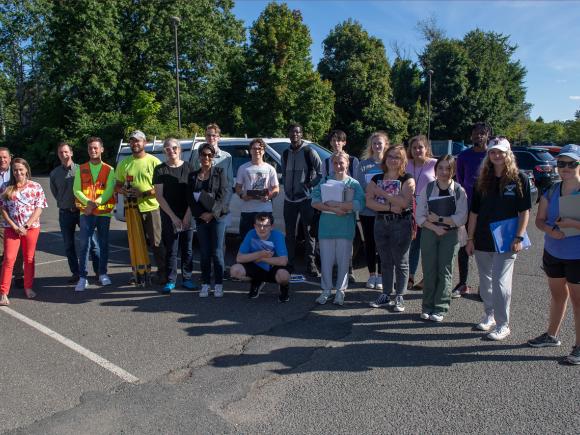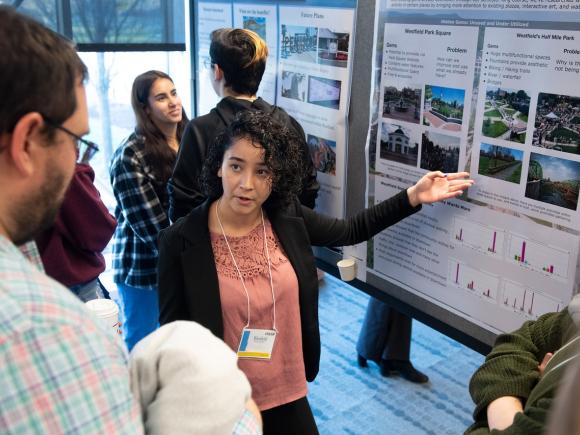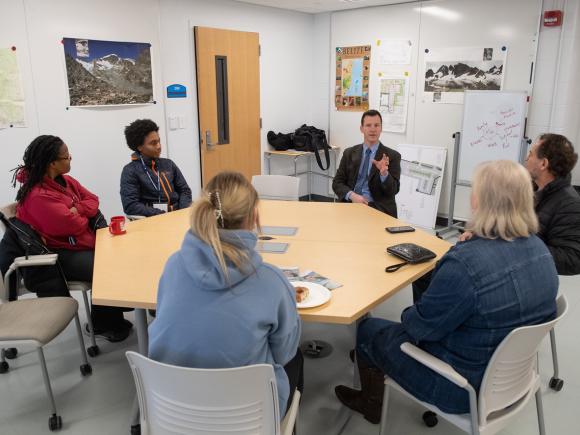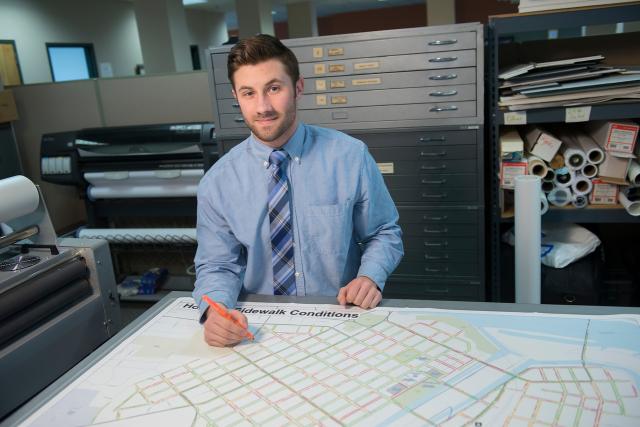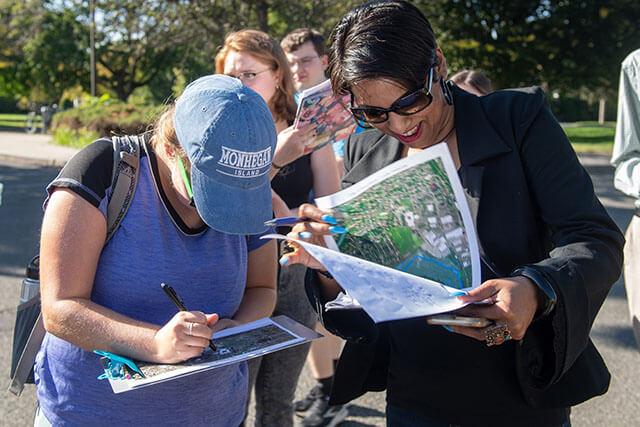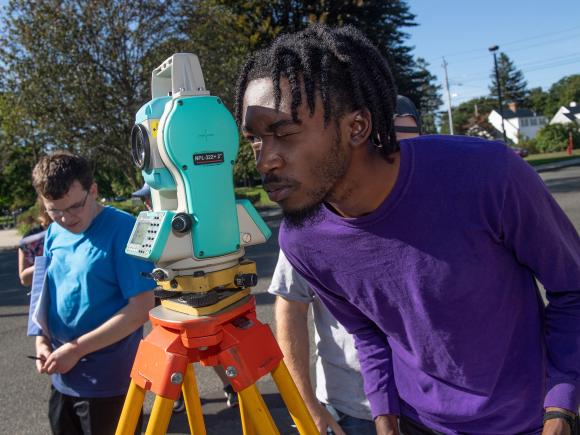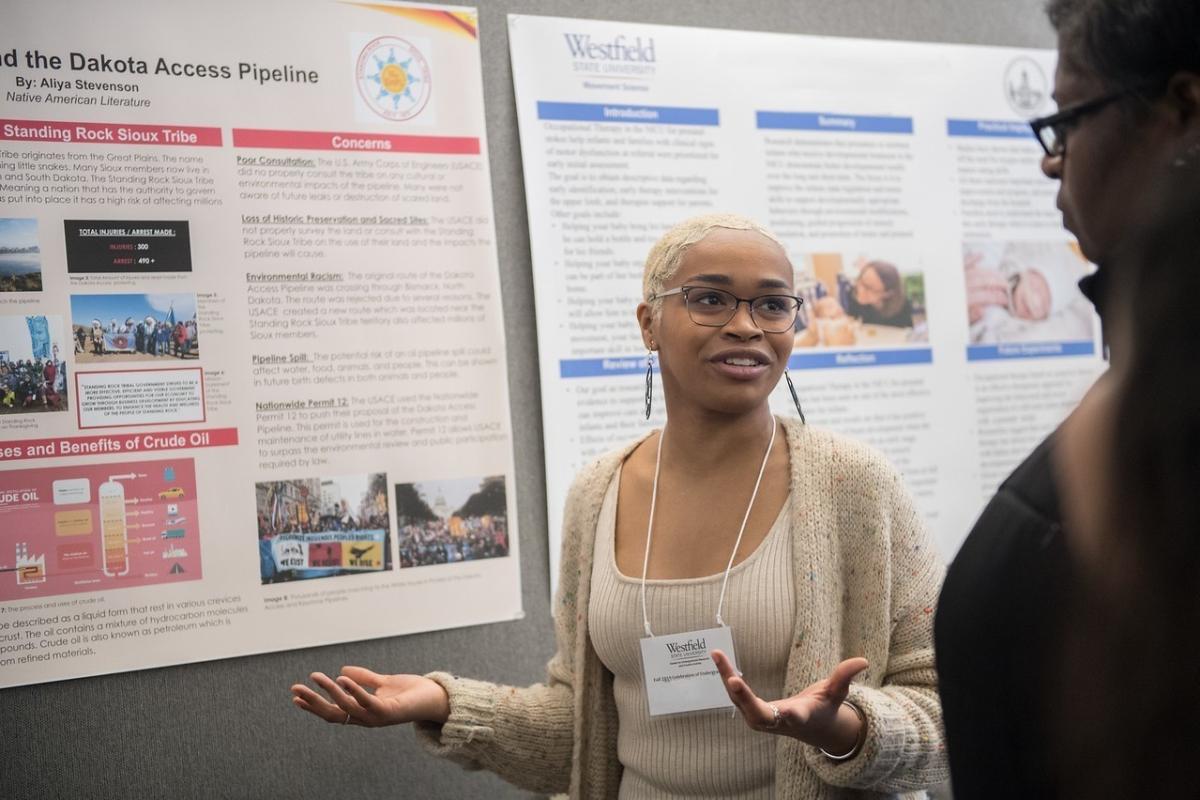
Urban and regional planning shapes the future of cities and communities by tackling critical issues such as affordable housing, adaptive reuse, public space design, transportation networks, green infrastructure, economic development, and historic preservation. The Cities and Social Justice concentration explores how social and spatial dynamics intersect, preparing students to center equity in the planning process. Through a strong emphasis on community engagement and participatory methodologies, students develop the tools to advocate for inclusive, sustainable, and just urban futures. Rooted in real-world application, the program offers hands-on learning through site visits, community-based projects, fieldwork, and internships—bridging the gap between classroom theory and the complexities of everyday urban life.
